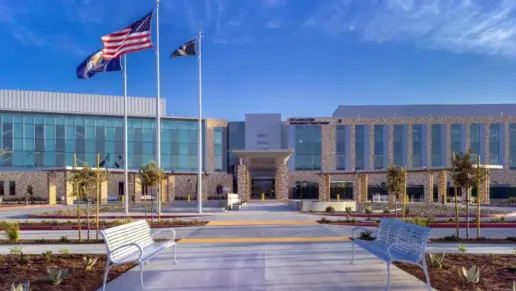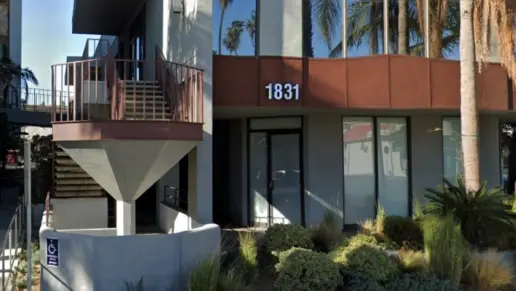About The Pathway Program
The Pathway Program is a recovery facility for teens and young adults aged 13-25 in Rocklin, California. Their specialized residential, outpatient, and aftercare programs help your child achieve recovery from addiction and mental health conditions.
Their programs focus on creating an engaging space where young people can open up and achieve their recovery goals. They account for the unique challenges that can contribute to addiction in the younger population. Your child can benefit from a weekly personalized treatment plan, including peer support groups, individual counseling, social activities, and more.
One thing I like about them is they offer weekend sober social events. Every Friday and Saturday night, your kid can participate in talent shows, game shows, themed dances, scavenger hunts, sports, movie nights, and more. They also have annual weekend camping trips, New Year’s Eve events, and beach outings. I love this approach because having a social life is essential for many younger people. These events and activities allow them to still have fun on the weekends without using substances. This also creates an authentic atmosphere for your child to connect with their peers in recovery and form lasting friendships.
It’s also wonderful that they have parent support groups. Managing a child with an addiction or co occurring disorder can be overwhelming. These groups provide a safe space to learn and connect with other parents as you heal together.
Latest Reviews
Rehab Score
Gallery
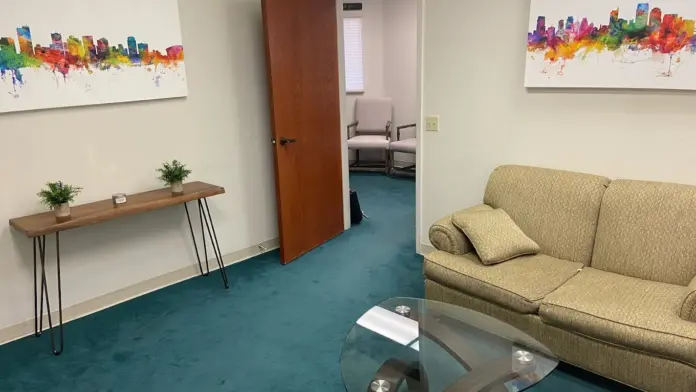
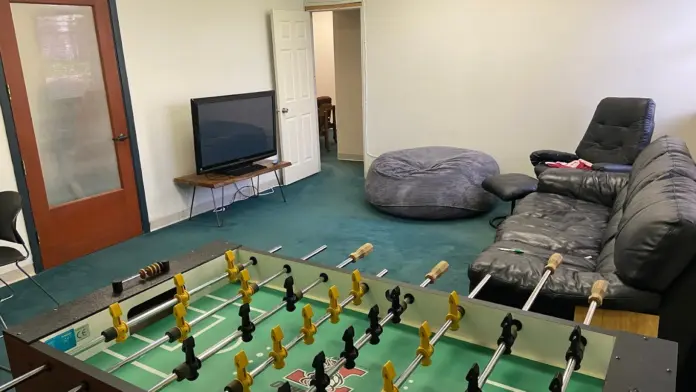
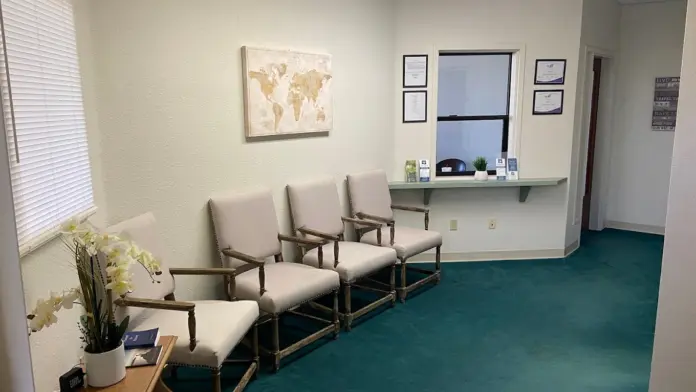
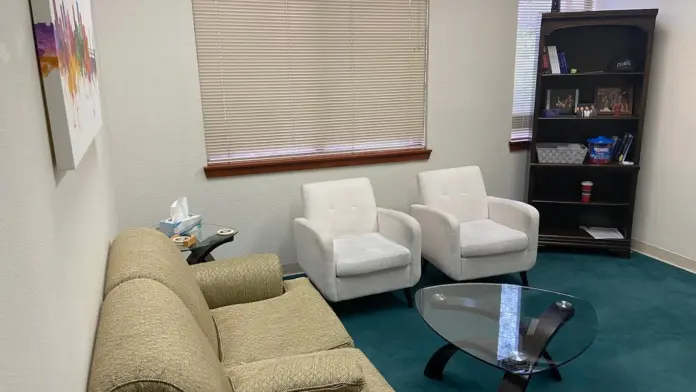
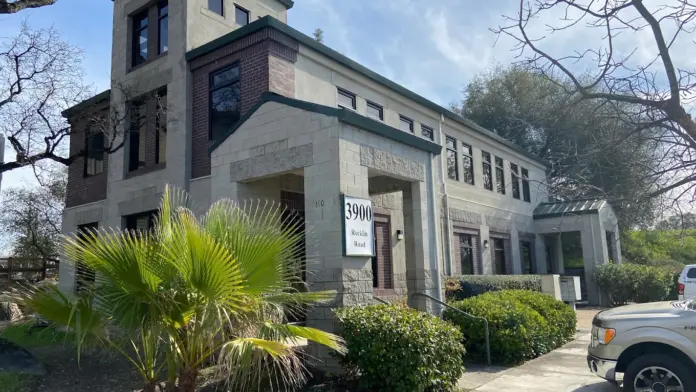
Location
Other Forms of Payment
Private insurance refers to any kind of healthcare coverage that isn't from the state or federal government. This includes individual and family plans offered by an employer or purchased from the Insurance Marketplace. Every plan will have different requirements and out of pocket costs so be sure to get the full details before you start treatment.
Self-pay involves paying for treatment out of your own pocket. You can use savings or credit, get a personal loan, or receive help from family and friends to fund your treatment. If you don't have insurance or your insurance plan doesn't cover a specific program, self-pay can help ensure you still get the care you need.
Addiction Treatments
Levels of Care
Programs

Clinical Services
Individual therapy for drug addiction includes a customized treatment plan that considers your history and life circumstances. During your therapy sessions, the therapist helps you uncover underlying issues and triggers for addictive behavior that support a holistic approach to recovery.
During group therapy, men and women learn to express their emotions openly in a non judgmental setting. This helps you process your feelings and reduces feelings of social isolation that are often associated with addiction.
Contact Information
3900 Rocklin Rd
Suite #100
Rocklin, CA 95677

